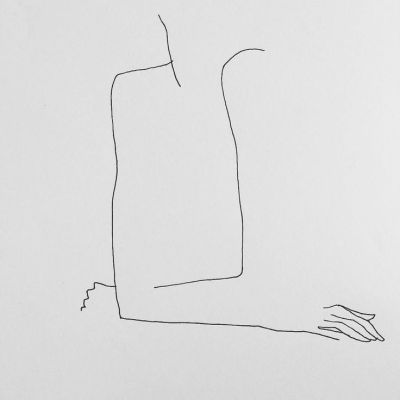Dipika Srivastava
What is the self, and what does it mean to give care? Philosophers, activists, artists, scientists, people of all inclinations and positions have pondered on, played with, and struggled to come to meaningful definitions about the issues these questions address. Without care, can there be a self at all?
The arts hold great sway on how sexuality is viewed, represented, and understood. Does art imitate life, or life, art? Or can it be tossed away as an inscrutable mix of the two influencing each other?
Talking about migration would be talking about what happens with the crossing of boundaries. Boundaries of culture and climate, and boundaries of visibility, where a change in semantics can come to render what was invisible visible (an accent, perhaps a way of dressing, one’s values and ideas, the experience of being surveilled as an alien), while also allowing the migrant certain new freedoms to be invisible (anonymity where ‘nobody knows your name’, and certain kinds of agency one may not have enjoyed back home).
यूँ तो विवाह और उससे जुड़े महिलाओं के ‘स्थान परिवर्तन’ को ‘प्रवसन’ का दर्ज़ा दिया ही नहीं जाता है, इसको एक अपरिहार्य व्यवस्था की तरह देखा जाता है जिसमें पत्नी का स्थान पति के साथ ही है, चाहे वो जहाँ भी जाए। पूर्वी एशियाई देशों में, १९८० के दशक के बाद से एक बड़ी संख्या में महिलाओं के विवाह पश्चात् प्रवसन का चलन देखा गया है जिन्हें ‘फॉरेन ब्राइड’ या विदेशी वधु के नाम से जाना जाता है। इन देशों की लिस्ट में भारत के साथ जापान, चीन, ताइवान, सिंगापुर, कोरिया, नेपाल जैसे कई देशों के नाम हैं। यदि विवाह से जुड़े प्रवसन को कुल प्रवसन के आकड़ों के साथ जोड़ा जाए तो शायद ये महिलाओं का सबसे बड़ा प्रवसन होगा।




